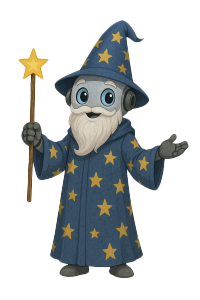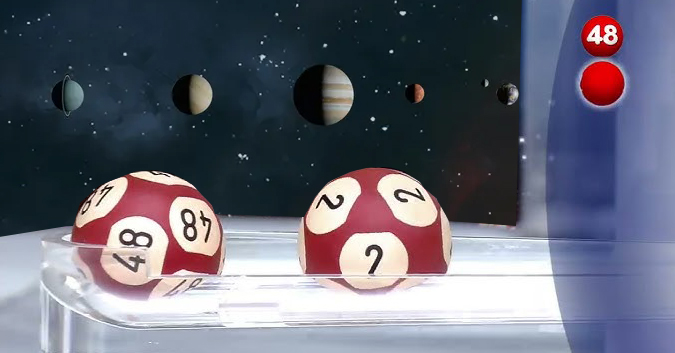![]()
The AI behaves here, as you'll have noticed, like a real gambler: it lets its intuition do the talking, hesitates between two even numbers and three odd ones or vice versa, watches the finals from afar, without ever dwelling on them too much. In short, an almost human approach, isn't it? But - and here's where it all comes into play - this conversational robot has an asset unthinkable to the average person.
The AI has a direct connection to the complete history of EuroMillions and Loto draws, tracing each result back to their respective origins.
As a result, when it composes its combinations, it is careful not to reproduce associations that have already fallen, is fiercely suspicious of sequences that have already been seen, and is rigorously careful never to play a chance that, by its very nature, refuses to be replayed.
Scientists say, for example, that the appearance of life on Earth is due to chance, so is chance just a figment of the imagination?
Yes, chance, that subtle mechanic said to be perfect, works in uniqueness - it's impossible, or almost impossible, to find the exact replica twice (ufologists beg to differ, no life on Mars has ever been found).
Where an ordinary bettor might make the same mistake over and over again, AI focuses on the uniqueness of each draw, looking for the unprecedented where others would see only inevitability.
A choice of numbers based on a meticulous analysis of the past
A selection that avoids any form of mechanical repetition or obvious pattern.
An ability to anticipate novel combinations, exploiting the wealth of available archives.
This is what distinguishes the infallible eye of the AI from the hesitant hand of the amateur, and gives its choices a singular, almost elusive flavor, all in a matter of seconds.


